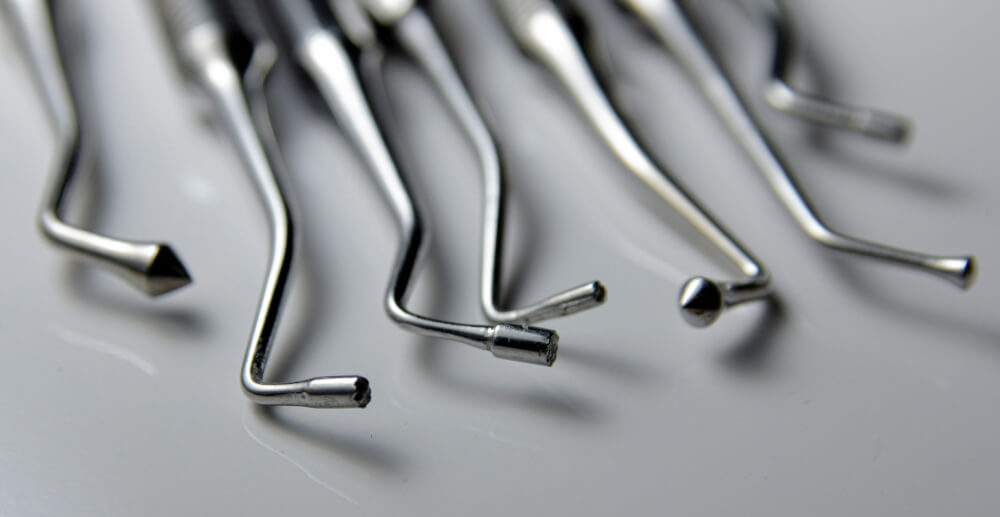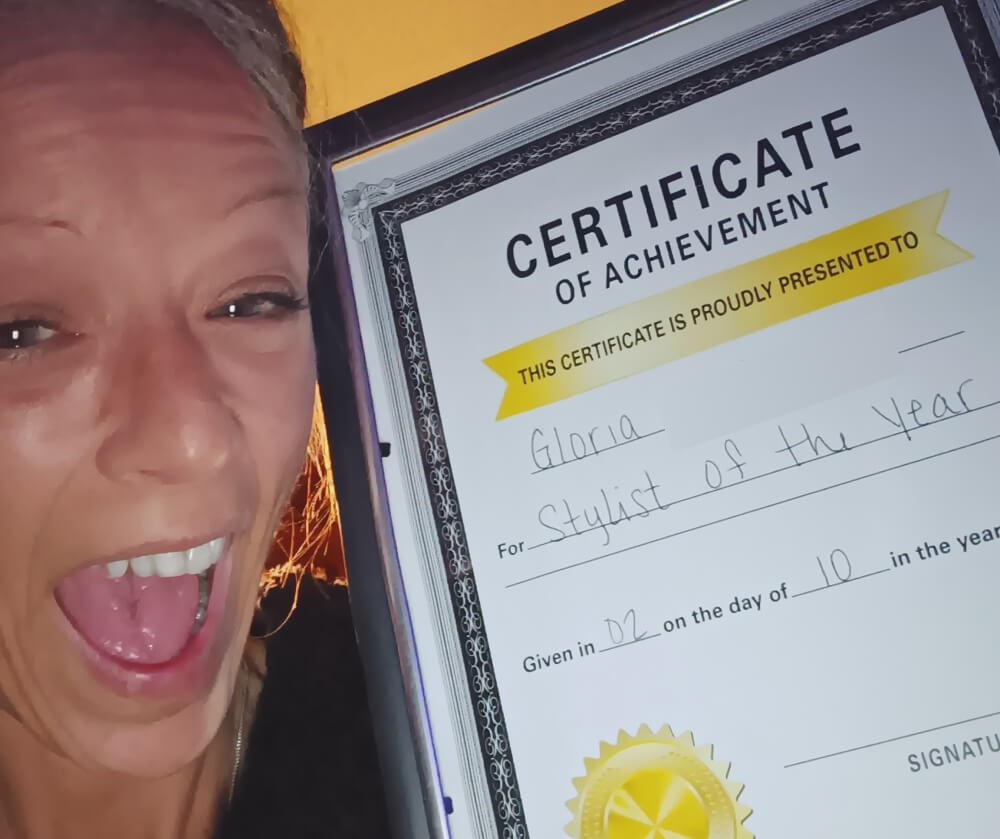I’m sure many of us are finding life during COVID-19 different than how we expected it.
Initially, we may have relished the idea of chilling at home for a few weeks, but the reality of having endless time stuck inside, dealing with a financial crisis, maybe full-time parenting and schooling at home, and spending way more time with the people you live with have actually proven to be quite challenging.
We are losing structure and the days begin to all run together. Establishing a structure during a pandemic has been key to my keeping my life together.
Even though I normally work from home, the stay-at-home order has restricted my freedom to vary my work environment by working in coffee shops and co-working with friends. I see my friends less and am unable to visit the nature parks that I go to with my dog and friends several times a week.
While those may seem like small changes, they’ve had a significant impact on my mental well-being because they form the foundation of my recovery. Right now I feel infinitely more lonely, less grounded, and somewhat detached from the outside world.
From a working perspective, things have also been challenging. Social interaction and a variety of working spaces makes a big difference in my productivity. I feel more creative and energized by getting out of the house. Add the fact that I’m an empathetic person who gets overwhelmed by life events, and my ability to work at my previous capacity has seriously diminished.
Fortunately, I’m a pretty organized and flexible person. I’ve been able to adapt and establishing a solid routine really helps me stay focused. Together with some carefully placed boundaries around social media and information flow, I’m able to still complete my work commitments — I even wrote a new 40-page website over the last few weeks!
Note: I’m not always that productive, but routine does help.
How to add structure to your day
It has taken me a couple of months to really settle into this routine, notice my resistance to it and the challenges I’ve faced, and make adaptations where I’ve needed them. It is by no means rigid — I’ve learned that flexibility is key to any routine during this pandemic because how we feel and our energy levels vary wildly from day to day.
- Give yourself a break! Remember, these are challenging times with a lot of uncertainty. Life as we know it is over until a vaccine is found. That is a lot to comprehend, so build time into your day to allow yourself breathing space.
- Reduce working hours. Easier said than done — and I’m still practicing this one — but a number one way to avoid burnout. When I push myself for 10 hours or more a day I’m too tired to enjoy the weekend and I feel the effects with reduced productivity and low mood the following week. Try working 4-6 hours a day, if possible.
- Get up at the same time and go to bed at the same time every day. Sleep is important now more than ever. We need to rest. Aim for 8 hours of sleep each night.
- Try some gentle movement. I find that movement in the morning energizes me for the day ahead. I practice 30 minutes of yoga and take my dog for a 30-minute walk. You don’t have to exercise for an hour — just 20 minutes will make a difference.
- Get ready for work. If I work in my PJs all day I am less productive than when I have a shower and change into comfortable, but non-pajama clothes.
- Only list three tasks per day. In my daily planner, I list on one side all of the tasks I have to complete that day but only add three to my daily schedule at a time. That way I feel less overwhelmed and like I am working through my to-do list.
- Take regular breaks. I like to work in 52-minute increments, then take a 10-minute break, stretch my legs, make a cup of tea, meditate, or hug my dog. I am way more productive and focused on working in short bursts.
- Eat lunch away from your desk. Taking 30 minutes to sit outside or in another room for lunch can help you decompress from work. I try to eat and have a short walk with my dog during lunch.
- Eat nutritious food. While it’s tempting to eat whatever you want to cope right now — and if that’s helping, by all means do it — it doesn’t help me. Eating processed foods or rich, carb-heavy meals just makes me want to go back to bed. Whereas if I eat a tasty, but nutritious meal — with protein, fiber, and veggies — I feel infinitely better.
- Do something restorative. Whether it’s yin or restorative yoga, painting, sitting in your garden, gardening, cooking, or anything else, do something that helps you wind down and feel rested. For me, sitting in front of the TV all night does not help me relax (especially with the dramas I watch), so I end up waking up tired. If I practice 30 minutes of yoga or do a short mediation, my body is more relaxed and I feel like I’m getting some restorative sleep.
- Connect with others. You may be restricted from meeting friends in person, but you can call them on FaceTime, Skype, or Zoom. You could also have a socially distanced walk, while wearing masks. I’ve been making time every week to have at least three phone calls where I check in with people, ask how they are doing, share my challenges, cry, laugh, or whatever else. You can also have Zoom birthday parties and virtual gift-giving.
- Take recovery online. There is a range of online recovery meetings.
Last, and perhaps most importantly, give yourself permission to do nothing. We can’t always be productive, especially during a pandemic. Resting isn’t lazy. Grieving our old life isn’t emotional. Take the time you need.








